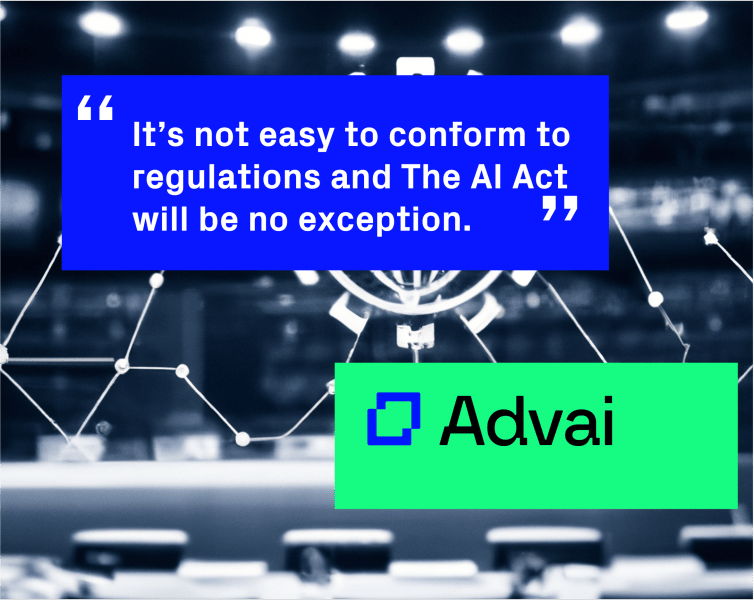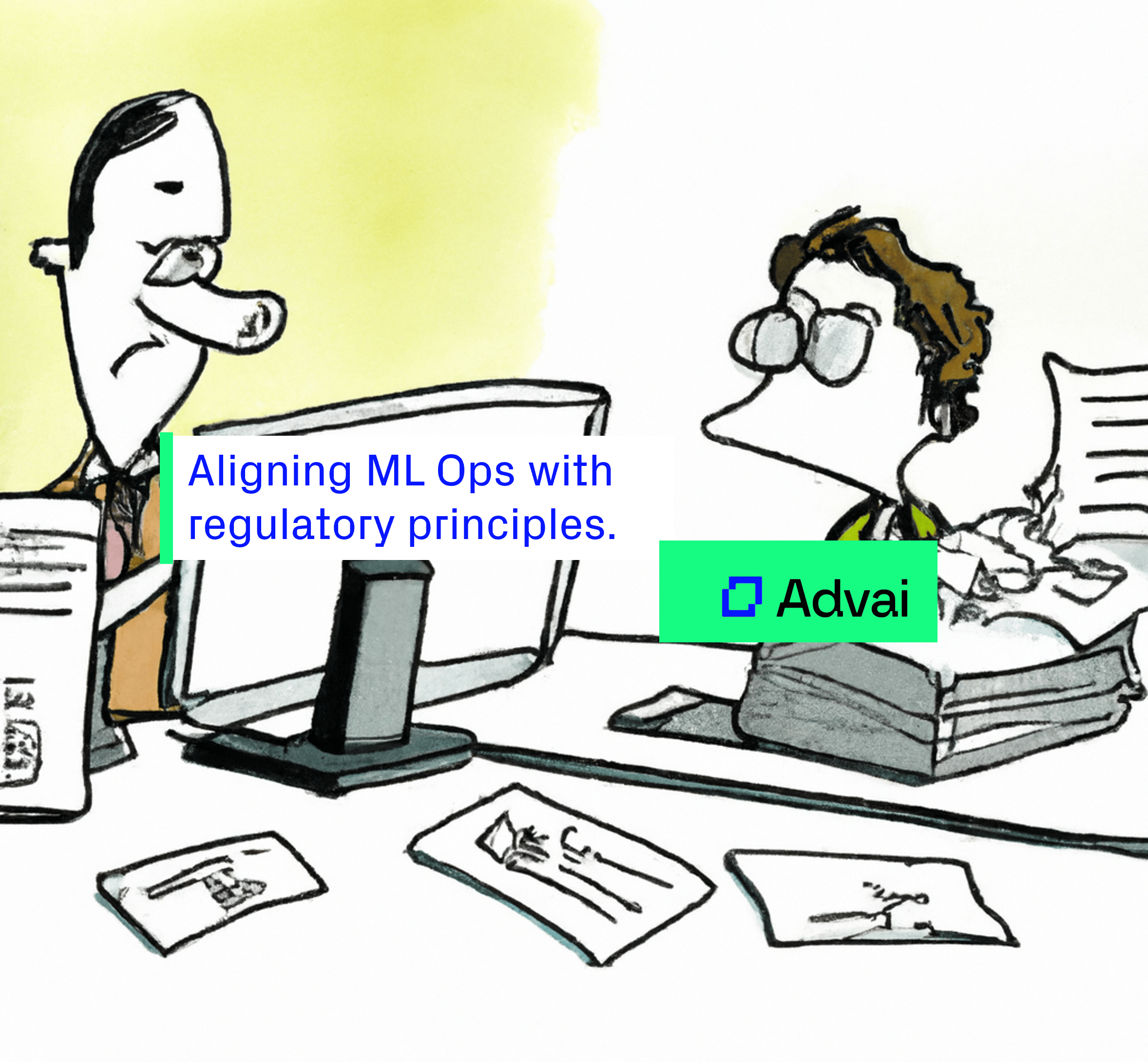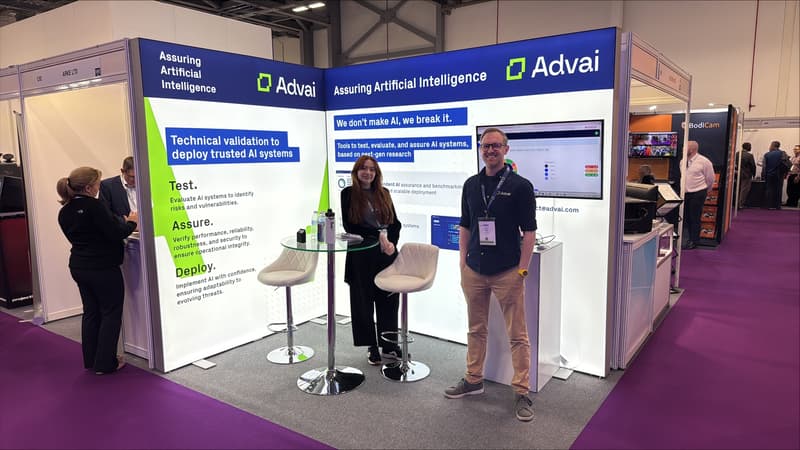What happened?
A Robust Day for AI: Trust, Robustness, and Europe’s ‘The AI Act’.
European Parliament approved the draft legislation for The AI Act recently.
The Guardian reported ““AI raises a lot of questions socially, ethically, economically. But now is not the time to hit any ‘pause button’.” On the contrary, it is about “acting fast and taking responsibility,” said Thierry Breton, the European commissioner for the internal market.”
The AI Act takes a ‘fundamental rights approach’ by focusing on the impact of the use of AI, versus regulating any specific technology. The legal reasoning for doing this is to create a set of standards that will stand the test of time. European parliament president, Roberta Metsola, refers to it as “legislation that will no doubt be setting the global standard for years to come.”
This law isn't immediate. Even if agreed upon by the end of the year, it won't come into effect until 2026. In the meantime, the EU plans to encourage tech companies to voluntarily live up to these new standards. In simple terms, the EU is saying: ‘We need clear rules for AI. Let's all agree on what's acceptable and put this into practice by 2026.’













